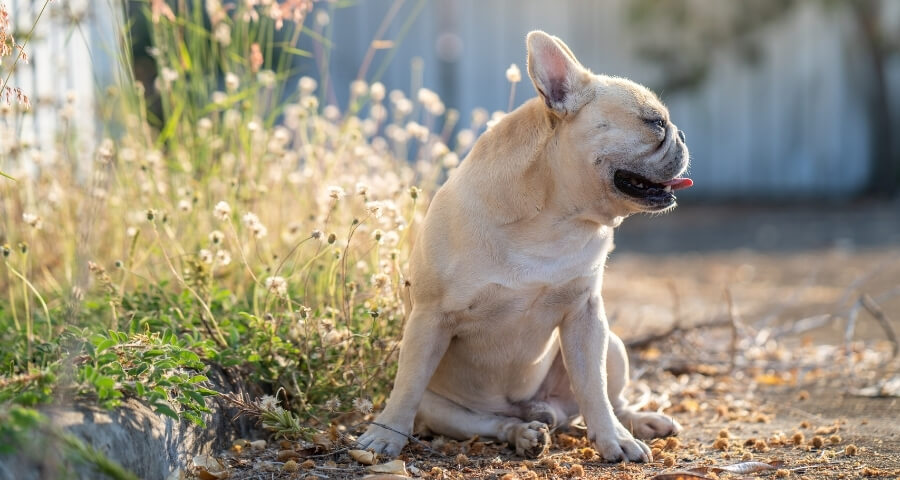Not just a squishy face – brachycephalic pet issues
Brachycephalic dog and cat breeds are those with shorter faces, such as English bulldogs, French bulldogs, Pugs, Pekingese and Boston terriers, as well as Persian and Himalayan cats. While these breeds can make great companions, unfortunately, years of selective breeding for those large expressive eyes and snubby noses means brachycephalics are predisposed to a number of health conditions.
You may have heard about brachycephalic obstructive airway syndrome (BOAS) – a combination of airway problems that brachycephalic dogs and cats commonly suffer from. These include narrow nostrils, an overlong soft palate and protruding tissue folds in the throat. BOAS causes varying degrees of difficulty in these animals, ranging from noisy, effortful breathing to sleep apnoea or episodes of fainting. These pets are also at higher risk of heat stress.
Unfortunately, brachycephalic breeds can be associated with other health issues too, such as:
Shallower eye sockets and wider eyelid openings leading to dry, irritated eyes (which can develop painful ulcers), and “runny eyes” resulting in tear-staining and facial skin irritation
Crowding and abnormal positioning of teeth leading to dental problems
Excessive skin folds on the face (and sometimes around the tail), leading to skin irritation and infection
Intermittent vomiting/regurgitation due to a suction effect from increased breathing effort and abnormal stomach position
Brain/spinal issues due to abnormal skull shape
Increased risk of birthing difficulties, leading to a higher necessity for caesarean section
If you have a brachycephalic cat or dog, we recommend having a consultation with one of our vets on how to best care for your pet. There are supportive treatment and management options available, which can help your pet with any brachycephalic-related issues they may be having, so they can live their happiest, healthiest and longest life with you.

